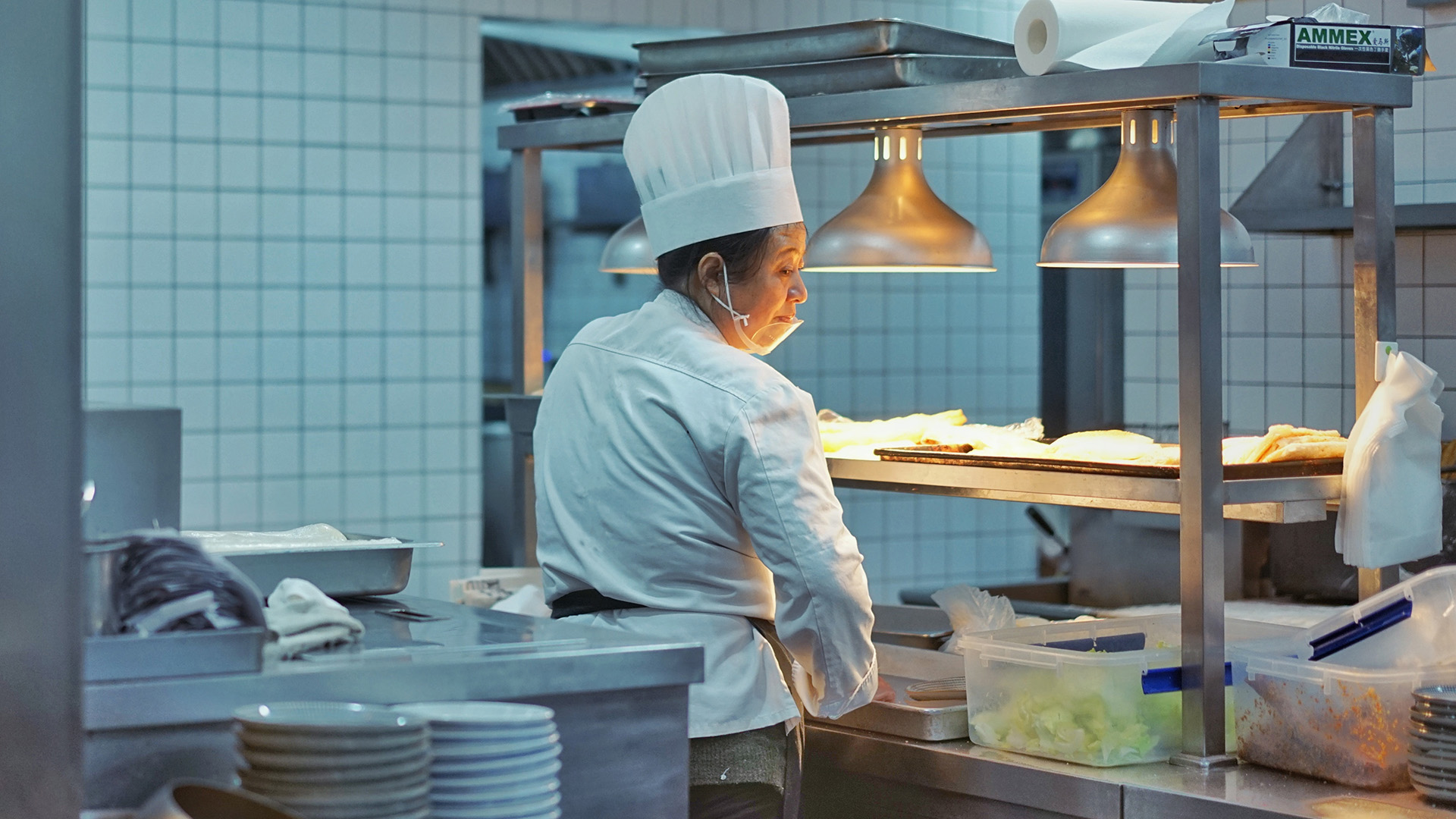Being a restaurateur is an exciting prospect but anyone who has looked into it or worked in the food business knows it’s also a lot of work. When trying to assess what kind of restaurant you want to open up eventually the question of whether to buy a franchise or not crops up.

When it comes to buying a franchise, restaurants shoot right to the top of the list. In a nutshell, when someone buys one they license the use of a franchisor’s trademarks and are authorized to operate their business system. You should note that despite the phrase “buying a franchise” is common, no one actually buys a franchise but rather leases access to the business system for a period of time.
But should you buy a restaurant franchise or open your own from scratch? Like anything, there are pros and cons and this two-part series will take you through them. In this part, we’ll look at the reasons you might not want to.
Costs of a Franchise
Right off the bat, buying a restaurant franchise costs more. If there is one reason to make you pause in buying one it would have to be the added cost of purchasing the license itself. Restaurant franchises also typically require a large upfront investment to get started in order to make the space up to par with other franchise locations both in terms of decor and equipment.
A lot of those costs come into play regardless of whether you’re opening your own restaurant or running a franchise but there are other costs to take into consideration such as yearly royalty payments to the franchisor for operations support and advertising.
Growth
You would think that growing to multiple locations with a brand name would be easier than without but there are complications. In order to keep multiple franchises from competing with each other, typically the parent company will limit growth with territorial restrictions. Where you can expand is subject to the franchisor.
Limited Independence
Let’s get real, the reason anyone goes into business for themselves is to be their own boss. With a franchise, some of that independence gets lost. The agreement between the franchisee and parent company means that the franchisee agrees to abide by strictly laid out operating procedures of the brand. In short, the business has to be run the way the franchisor says it has to be run making all of the decisions from products to suppliers to operational hours which could affect the profit margin for the franchise.
Lack of Support
This one is more of a possibility then a definite point but it needs to be addressed. One of the benefits of owning a franchise is that the parent company promises support but sometimes falls far short of providing it. One of the most things you can do to avoid this, however, is to do your due diligence and talk to other franchisees to get a better understanding of the situation.
Running a restaurant, regardless of whether it is franchised or not, is hard work. There are lots of tough issues to deal with that aren’t on this list because they turn up in the industry such as low margins, high employee turnaround, and very long hours for the owner. But if you’re willing to put in the work and none of these reasons have deterred you, part two of this two-part series will tackle reasons you should buy a franchise.








